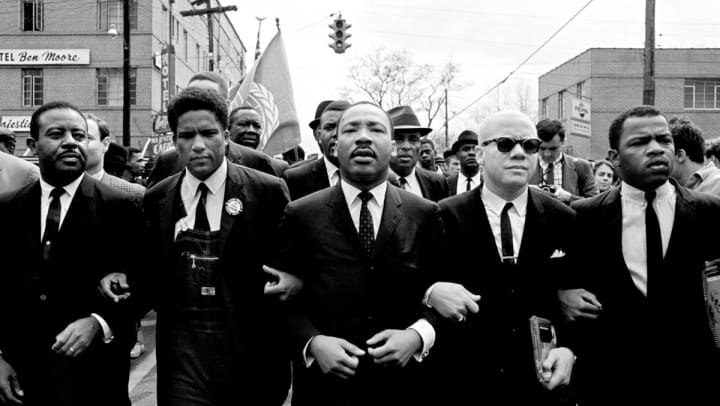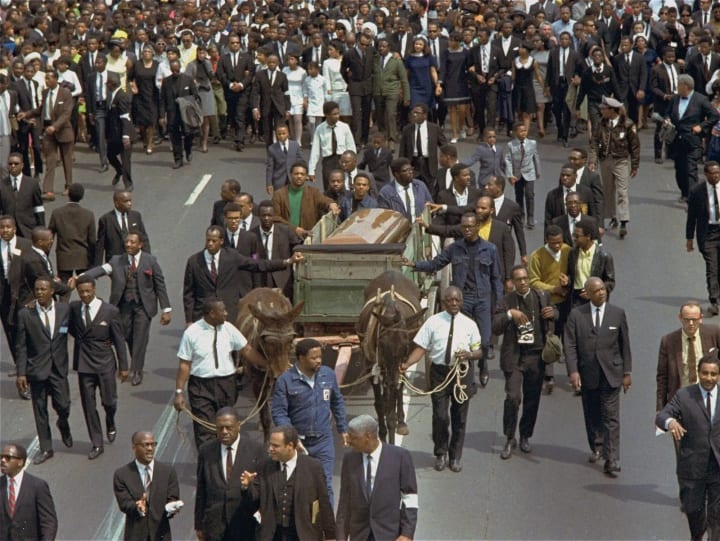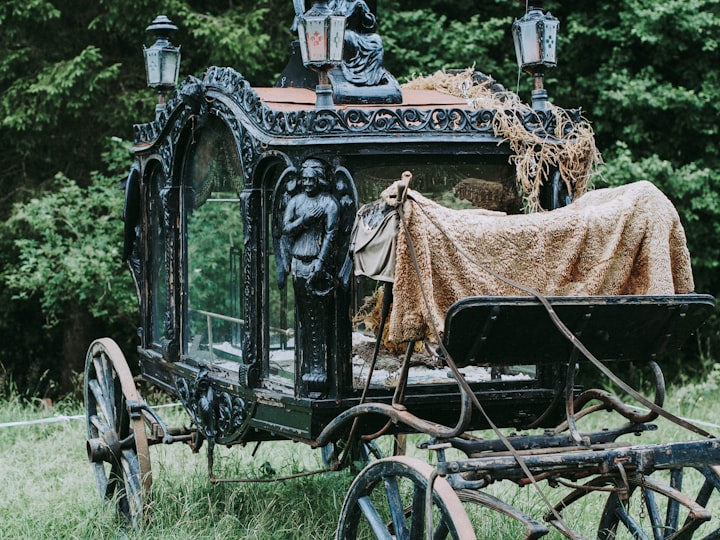
Martin Luther King Jr was a prominent civil rights activist who is known for his role in the American civil rights movement. He was an influential figure who led the way towards greater equality and justice for African Americans. His legacy continues to inspire people around the world to this day. This article explores the life, work, and impact of Martin Luther King Jr.

1. Early Life and Education
Martin Luther King Jr was born on January 15, 1929, in Atlanta, Georgia. He was the son of Martin Luther King Sr, a Baptist minister, and Alberta Williams King, a former schoolteacher. King grew up in a family that valued education and religion. He was an excellent student, skipping grades in high school and graduating from Morehouse College at the age of 19.
After graduating, King attended Crozer Theological Seminary in Pennsylvania and then went on to earn a Ph.D. in theology from Boston University. During his studies, he was influenced by the teachings of Mahatma Gandhi and the principles of nonviolent resistance.
2. The Rise of the Civil Rights Movement
In the 1950s and 1960s, segregation and discrimination against African Americans were prevalent in the United States. King became involved in the civil rights movement in Montgomery, Alabama, after the arrest of Rosa Parks in 1955. Parks was arrested for refusing to give up her seat on a bus to a white passenger, and this event sparked a boycott of the city's bus system.
King emerged as a leader of the boycott and used his skills as an orator and organizer to galvanize support for the cause. The boycott lasted for over a year and ended with a Supreme Court ruling that declared segregation on buses unconstitutional.

3. The Montgomery Bus Boycott
The Montgomery bus boycott was a turning point in the civil rights movement and made King a national figure. His philosophy of nonviolent resistance, which he learned from Gandhi, was key to the success of the boycott.
Nonviolent resistance involves using peaceful means to protest against injustice and to resist oppressive systems. King believed that love and nonviolence could overcome hate and violence.
4. The Birmingham Campaign
King continued to lead the civil rights movement and organized the Birmingham campaign in 1963. The goal of the campaign was to desegregate public spaces in Birmingham, Alabama, and to challenge the city's system of racial inequality.
The campaign faced fierce opposition from local officials, who used violence and intimidation to try to stop the protests. King and other activists were arrested and sent to jail, but their efforts eventually led to a settlement that ended segregation in the city.

5. The March on Washington
In 1963, King helped organize the March on Washington for Jobs and Freedom. The march was a massive demonstration that brought together over 200,000 people to demand equal rights and an end to discrimination against African Americans.
King gave his famous "I Have a Dream" speech at the march, which remains one of the most iconic speeches in American history. In his speech, King called for an end to racism and for all people to be judged by the content of their character rather than the color of their skin.
6. The Civil Rights Act of 1964
King's efforts and those of other civil rights activists led to the passage of the Civil Rights Act of 1964. The act outlawed discrimination based on race, color, religion, sex, or national origin, and it was a major victory for the civil rights movement.
7. The Voting Rights Act of 1965
The Voting Rights Act of 1965 was another significant piece of legislation that was passed as a result of the civil rights movement. The act removed barriers that prevented African Americans from voting, such as literacy tests and poll taxes.

8. Opposition and Criticism
King faced opposition and criticism throughout his career as a civil rights activist. Some people disagreed with his methods of nonviolent resistance, while others believed that he was too radical and was promoting a socialist agenda.
King also faced criticism from within the African American community, with some leaders accusing him of being too focused on integration and not enough on economic issues facing black Americans.
9. King's Legacy
King's legacy as a civil rights activist and a champion of social justice is widely recognized. He was awarded the Nobel Peace Prize in 1964 for his work in promoting nonviolent resistance and his leadership of the civil rights movement.
10. The Impact of King's Legacy Today
King's legacy continues to inspire people around the world today. His philosophy of nonviolent resistance has been adopted by social justice movements in many countries, and his work has had a profound impact on the fight for human rights.

11. The Role of Nonviolence in Social Movements
King's philosophy of nonviolent resistance has been an influential force in social justice movements around the world. Nonviolence has been used as a means of resisting oppression in many countries, including India, South Africa, and Myanmar.
12. King's Global Influence
King's impact has been felt beyond the United States, and his work has inspired people around the world to fight for justice and equality. He has been a source of inspiration for activists in many countries, including South Africa, where his philosophy of nonviolence was used to resist apartheid.
13. The Importance of Continuing King's Work
King's work as a civil rights activist was not completed during his lifetime, and there is still much work to be done to achieve his vision of a just and equitable society. It is important for people to continue his work and to fight against racism, discrimination, and inequality.

14. Common Myths About Martin Luther King Jr
There are many myths and misconceptions about Martin Luther King Jr. One of the most common is that he was a passive figure who simply accepted the injustices of the time. In reality, King was a tireless and courageous activist who fought for justice and equality through nonviolent means.
15. Conclusion
Martin Luther King Jr's legacy as a civil rights activist and a champion of social justice is still felt today. His philosophy of nonviolent resistance and his leadership of the civil rights movement has inspired people around the world to fight for human rights and to resist oppression.
King's work is not yet complete, and it is up to us to continue his fight for justice and equality. By working together and embracing his philosophy of nonviolent resistance, we can create a more just and equitable world for all.

About the Creator
Navanithe
I am an enthusiastic, self-motivated, reliable, responsible, and hard-working person. I am a mature team worker and am adaptable to all challenging situations. I am able to work well both in a team environment and on my own initiative.






Comments
There are no comments for this story
Be the first to respond and start the conversation.